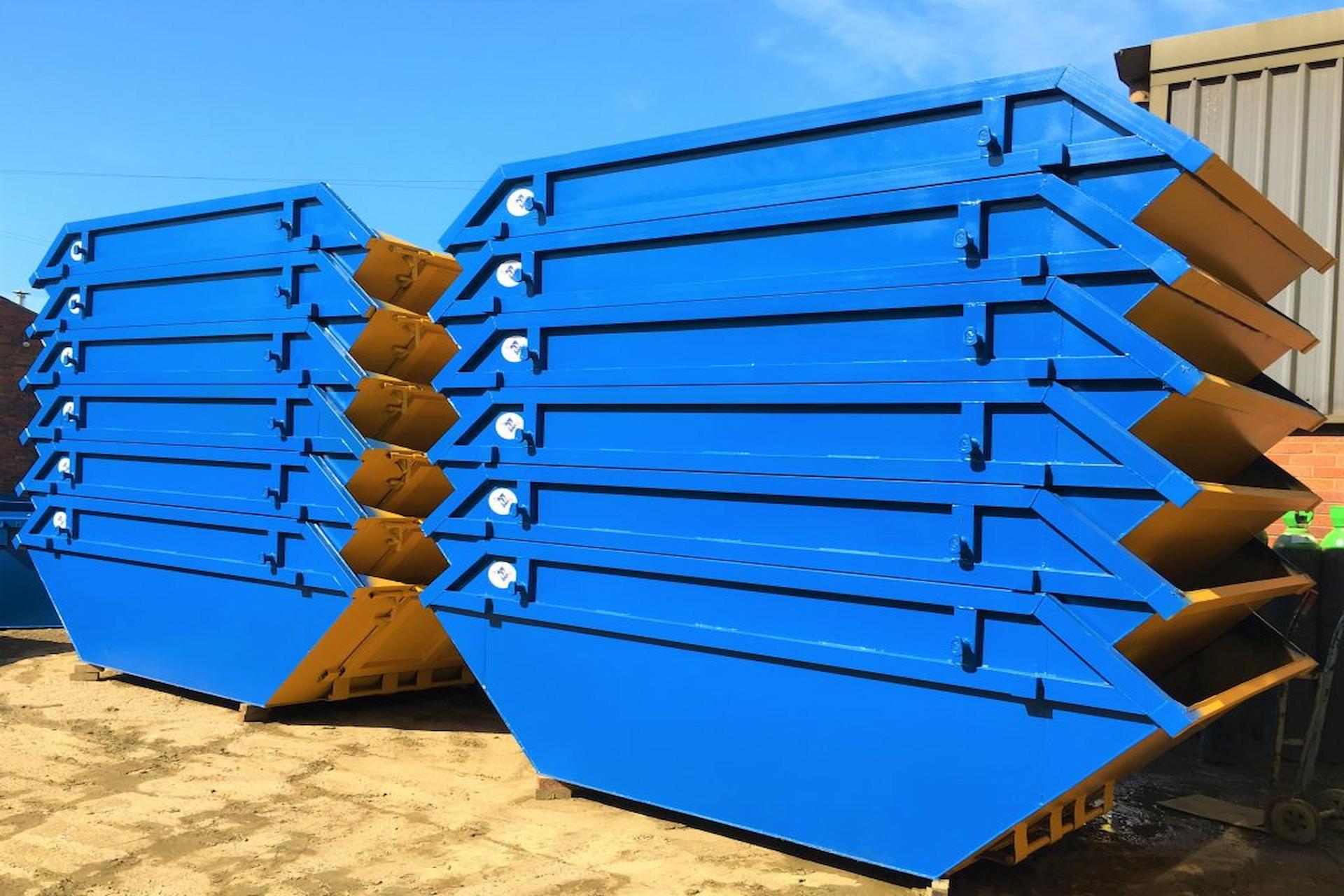Navigating the Heights of Your Course
About to take a PASMA course but aren’t sure what to expect or how to get the most out of your training? Then you are in the right place! Here’s everything you need to know about the best PASMA training London has to offer, so you can arrive ready to learn all you can.
Understanding PASMA Training
PASMA training is there to help you learn how to use scaffold towers safely at work or at home – although the training is most commonly used by those in the workplace. PASMA courses cover a range of topics, including equipment assembly, inspection protocols, risk assessment, and complying with all relevant health and safety qualifications. The course isn’t compulsory, but it is highly sought after by many employers – so it’s a worthy string to have in your bow.
Safety First
Central to PASMA training is its unwavering focus on safety. When you take part, you will receive thorough instructions on hazard identification, risk assessment, and the importance of adhering to industry regulations and best practices as you work. Once you have taken the course, you will emerge equipped with the knowledge and skills necessary to mitigate risks effectively.
Preparation Tips
While there are no entry criteria for a PASMA course, there are some things that you can do to make the most out of your training. Before the course, it’s a good idea to:
Familiarise Yourself with Basic Terminology: Before you begin the course, take the time to acquaint yourself with key terms and concepts related to scaffolding and working at height. This will help you to understand the course materials better, allowing you to hit the ground running with your training.
Dress Appropriately: We’re sure that we don’t need to point this out but do be sure to wear suitable clothing and footwear that allow for ease of movement and comfort during practical exercises. Even when you are taking part in classroom study sessions, being dressed in comfortable clothing will help you to concentrate.
Stay Engaged and Ask Questions: It’s a good idea to actively participate in classroom discussions and practical demonstrations. Don’t hesitate to seek clarification or ask questions if you’re unsure about any aspect of the training. Your instructor is there to help you, and they can only do that if you ask them for it.
Practise Good Communication: Effective communication is essential when working at height. Practise clear and concise communication with your fellow course attendees and instructors, particularly during group activities and practical exercises. This will help to foster a good communication culture back on site.
What Now?
By understanding what to expect and adequately preparing for the course, you can really make the most out of your training. Be sure to connect with a course provider with plenty of experience delivering PASMA training – and check that they are a fully accredited training centre. So, what are you waiting for?





